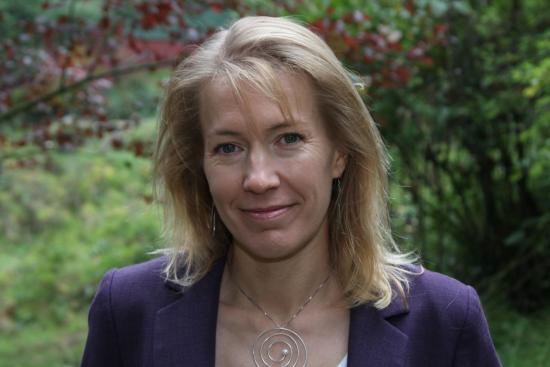Pillow Talk: What Science Says About How to Sleep Better
Sponsored by the Graduate Assembly and the School of Information
Ever wonder whether or not it's a good idea to stare at your smartphone right before bed? Ever think maybe you shouldn't hit that snooze button and go back to sleep? Ever wish you knew more about how sleep worked so that you could optimize the time you spend in bed? Join the Graduate Assembly and the School of Information for a talk with renowned sleep expert, Berkeley’s own Allison Harvey, professor of clinical psychology.
This month's release of the Graduate Student Happiness & Well-Being Report by the Graduate Assembly demonstrated that sleep (or the lack of good, restful sleep) was the top predictor of depression symptoms among Berkeley graduate students. We also found that only about 20% of graduate students gets the recommended eight hours of sleep, despite the critical role sleep plays in attention, memory consolidation, creativity, problem solving, muscle repair, motivation, mood, body weight regulation, preventing and recovering from health problems (and on and on).
We can do better! Join us for a fascinating talk about the science of sleep — and, most importantly, how to make the most of sleep. This talk is geared toward graduate students but open to the public. All are welcome. Seating is limited and on a first-come, first-served basis.
Allison Harvey is a professor of clinical psychology and director of the Golden Bear Sleep and Mood Research Clinic at the University of California, Berkeley. Dr. Harvey’s research is funded by NIMH, NIDA and NICHD. She has published over 200 research articles and book chapters and she has authored two books. Her research has been acknowledged with various awards including an honorary doctorate from the University of Orebro, Sweden. Dr. Harvey is passionate about using science to develop treatments that help people sleep better so that people can enjoy a fuller life including better mood and health as well as more motivation and better cognitive functioning.










